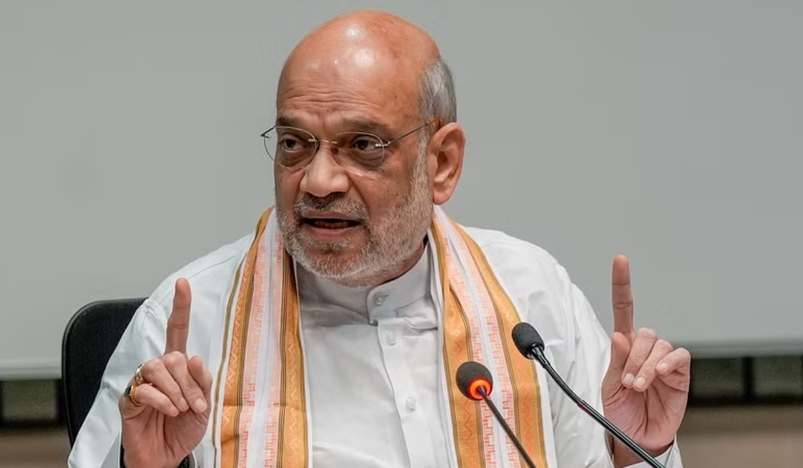
Indias Home Minister
India’s Home Minister Amit Shah has announced a plan to tackle the nation’s chronic court backlogs by expediting bail for detainees awaiting trial for non-serious crimes. This measure will apply to those who have already served at least one-third of their potential sentence in detention without a verdict.
The initiative aims to address the pressing issue of overcrowded jails and delayed justice in the world’s most populous country. According to government data from early 2024, at least 134,799 detainees are awaiting trial, with 11,448 having spent over five years in jail without sentencing.
Shah emphasized that the effort seeks to ensure justice for eligible detainees before India’s Constitution Day on November 26, stating, “It is our effort that before Constitution Day, there should not be a single prisoner in the country's jails who has served one-third of his sentence and has not yet got justice.”
Focus on Non-Serious Crimes
The initiative excludes individuals charged with serious crimes or those detained under the Unlawful Activities Prevention Act (UAPA), which permits indefinite detention without trial. Critics have long argued that the UAPA is often misused to suppress dissent.
For eligible cases, jail officers will be required to present bail requests directly to the courts if trials are delayed beyond a reasonable period, Shah said.
India’s Slow Justice System
India’s judiciary faces one of the world's largest case backlogs, with millions of cases pending and trials often stretching decades. The Supreme Court last year highlighted the devastating effects of such delays, cautioning that victims and detainees alike may lose faith in the system.
Despite calls for reforms, India continues to grapple with a lack of digital infrastructure and an insufficient number of judges. The country has just 21 judges per million people, a ratio significantly below international standards.
Shah vowed to reform the system into one that is “scientific and speedy,” signaling the government’s intent to reduce case backlogs and improve efficiency in the legal process.
Path to Reform
This announcement marks a step toward alleviating India’s prison overcrowding and enhancing access to timely justice. However, its success will depend on effective implementation and broader reforms to address systemic inefficiencies in the judiciary.
.jpg)
Qatar Secures Place Among the World's Top 10 Wealthiest Nations
.jpg)
Hamad International Airport Witnesses Record Increase in Passenger Traffic

Saudi Arabia: Any visa holder can now perform Umrah

What are Qatar's Labour Laws on Annual Leave?
Leave a comment